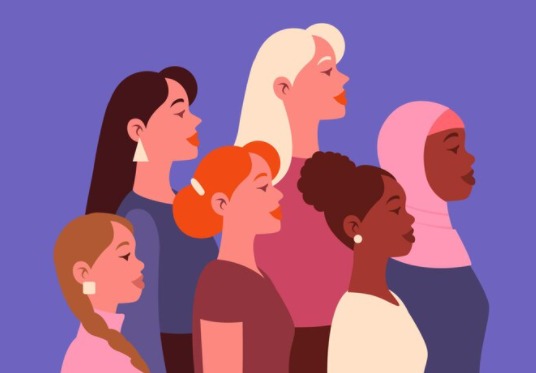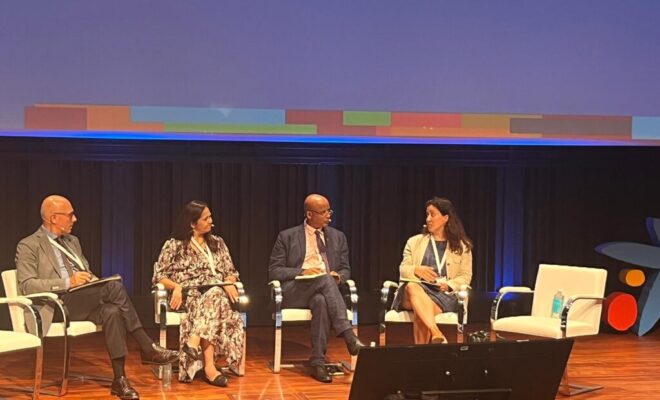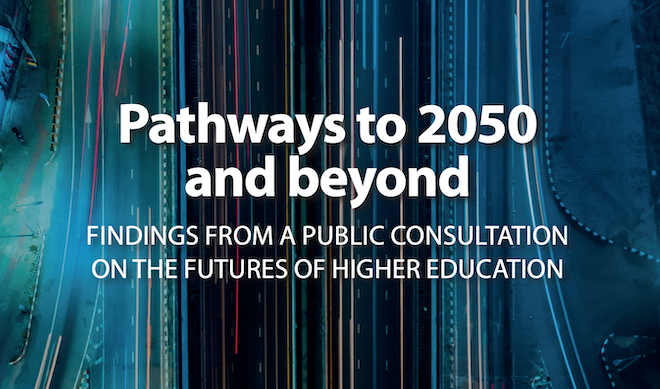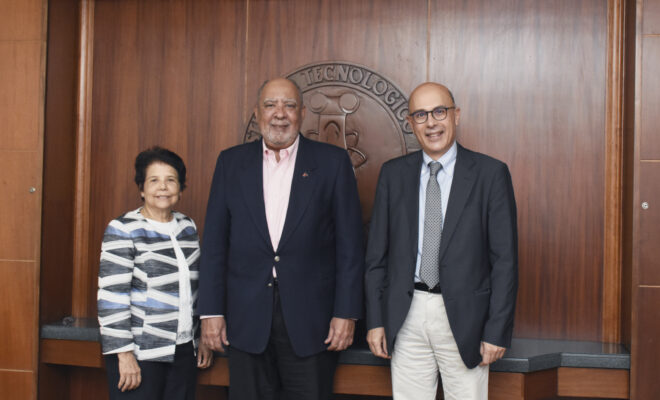Global universities address gender equality but gaps remain to be closed
- Report from UNESCO-IESALC and Times Higher Education examines performance of 776 global universities across 18 indicators
- Female students outnumber male students, but there is a significant ‘humanities bias’
- Universities are more focused on measuring women’s access to higher education than tracking their outcomes and success rates
- There is a significant gender gap at the academic levelMost universities claim that they have various policies and services that support women’s progress, but the share able to supply relevant evidence is far lower
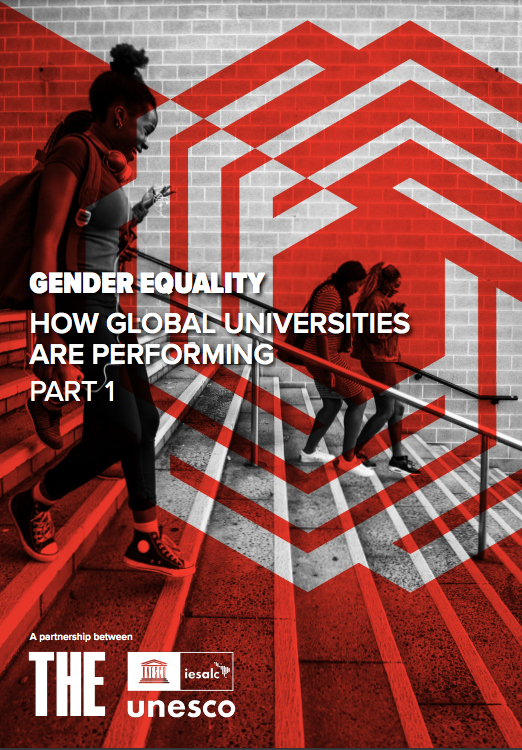
8 March 2022
Research released by the UNESCO International Institute for Higher Education in Latin America and the Caribbean (IESALC) and Times Higher Education (THE) today reveals the extent to which higher education institutions across the globe are contributing to gender equality.
The report Gender equality: How global universities are performing, marking International Women’s Day, includes worldwide and country-level analysis on THE data across 18 different indicators, as well as case studies from five universities that are leading on this work in their regions.
Acknowledging the progress made by women in societies around the world but aware of the many steps still to take and the new barriers raised by the Covid-19 pandemic, this report reflects on the unique position of universities in society and their potential to help address the United Nations’ Sustainable Development Goals (SDGs), including SDG5: gender equality and empowering all women and girls.
The first section analysesdata directly provided by 776 institutions on their contributions to achieve SDG5 and highlights the often-large differences at regional and national levels. It examines performance in three areas: students, research and academics, and university-wide policies and services.
It finds that female students outnumber male students globally; 54%of students awarded a degree in 2019 were women. However, there is still a “humanities bias”: the share of female students who undertake science, technology, engineering and maths (STEM) degrees (30%) is still 24 percentage points lower than the share of female students undertaking arts, humanities and social sciences (AHSS) degrees (54%).
Most universities (83%) track women’s application, acceptance and completion rates or have women´s access schemes, such as mentoring or scholarships (81%). However, less than two-thirds track women’s graduation rates compared with men´s and have plans to close the gap.
The presence of women in the student population does not translate into their presence in academia and university leadership positions. Less than two-fifths of senior academics (professors, deans, chairs and senior university leaders) and less than a third of authors in research papers are women, evidencing a significant gender gap.
Universities also report on institution-wide policies and services that promote gender equality. For example, nine out of ten universities have a non-discrimination policy against women and seven out of ten against transgender people. Nine out of ten institutions have maternity and paternity policies that support women’s participation, seven out of ten have childcare facilities for staff and faculty and six out of ten have these facilities also available for students. Universities are also actively protecting those reporting gender discrimination, with 86% of institutions stating a policy for this.
However, most universities were unable to provide relevant evidence of their policies and services that support women’s advancement, suggesting that while certain codes may ostensibly be in place, they are not yet being implemented across institutions, and students and staff may be unaware of them. Universities were asked to supply evidence for 12 indicators on gender equality; the share that supplied relevant evidence was below 50%in all cases.
The second section of the report presents five case studies of institutions from Lebanon, India, Mexico, Kenya and Ireland. These universities are actively promoting gender equality within their institutions, with a large range of coordinated actions at strategic, structural and operational levels. This section describes their efforts, policies and regulations, lessons learned and future plans to tackle gender inequality and discrimination.
A second report on this topic will be published in May 2022, including a literature review, more recent data, more in-depth analysis and recommendations for universities.
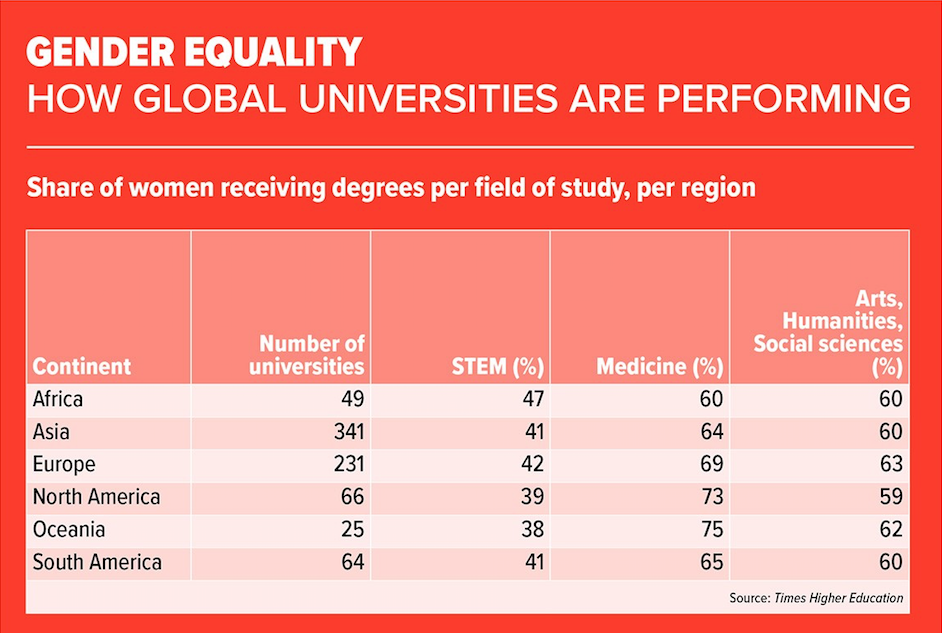
Some key figures
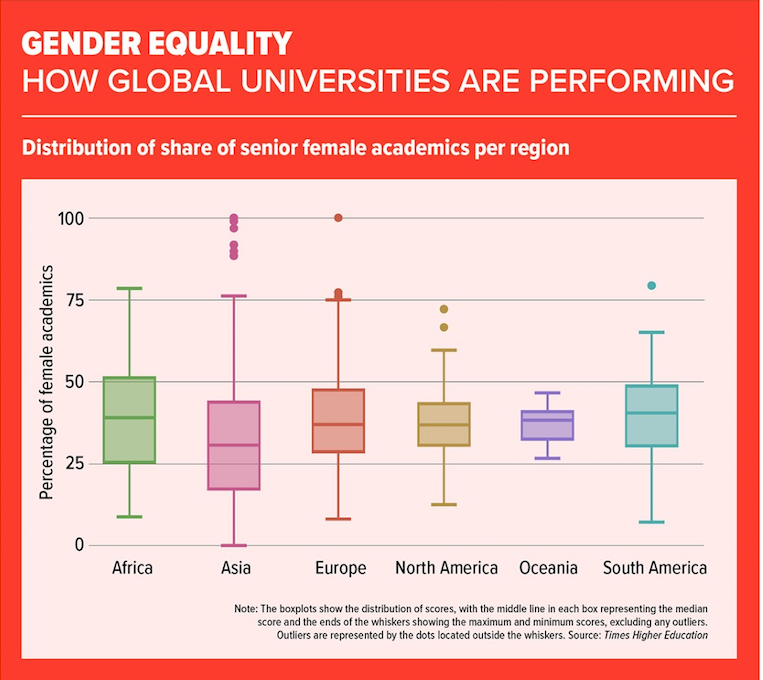
Access UNESCO IESALC microsite to #HigherEd contribution to #SDGs
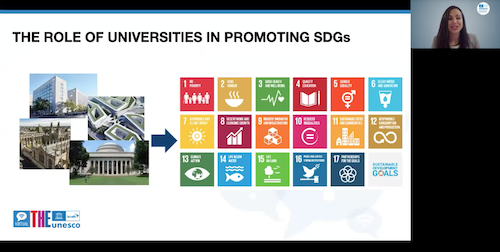
RELATED ITEMS
